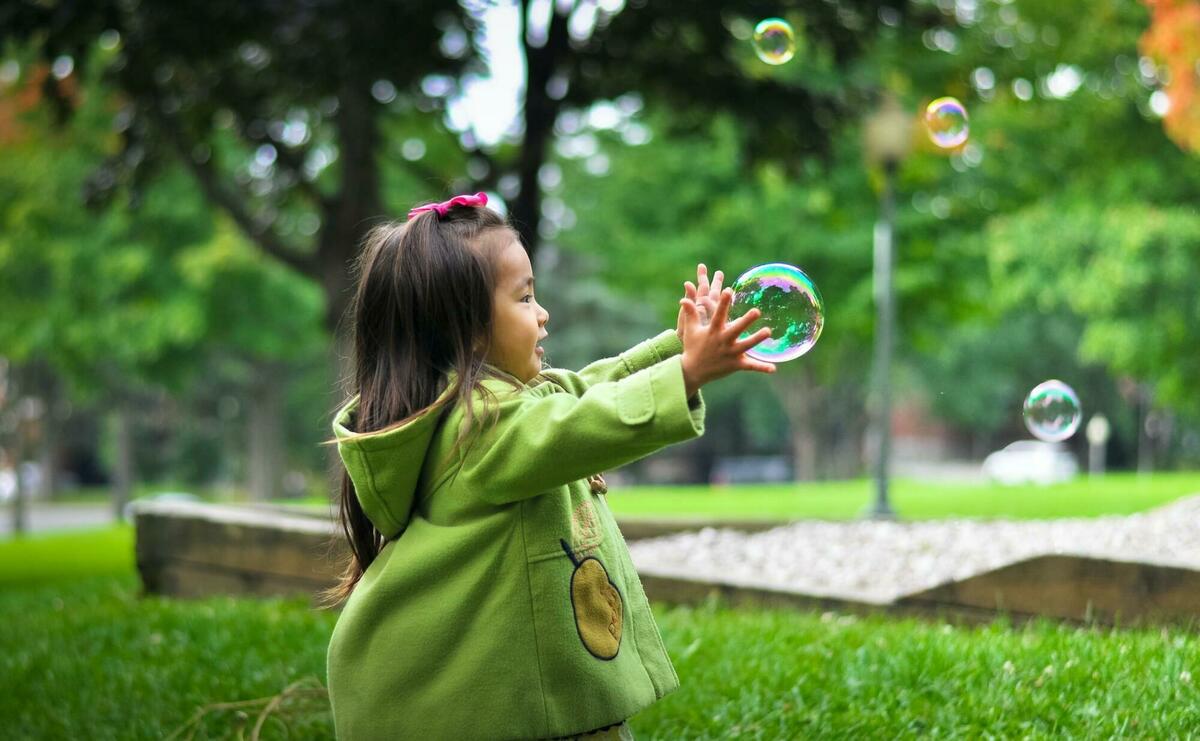Early Years Emotion Coaching
"While I employ many of these tactics and approaches on their own, Emotion Coaching completes the circle..."

"(This training) has improved my self-reflection and delivery, as well as my ability to think about and analyze the behavior of young children."
"I loved the hand model of the brain since it was a simple method to illustrate how the brain operates."
"Every professional in our Local Authority should get Emotion Coaching..."
The Early Years Foundation Stage is changing, focusing on the development of self-regulation, self-management, and connection building.
Achievement for All has created an effective Emotion Coaching program to support these goals, which is now accessible for clusters of primary schools and the early childhood facilities with which they collaborate. The cluster concept makes coaching and training incredibly cost-effective.
Emotion Coaching is an attachment-based practice that assists children in self-regulating and managing their emotions via self-awareness and supportive interactions.
According to research, Emotion Coaching helps adults understand their own emotional responses and communicate more effectively and consistently with children about their emotions, especially in emotionally charged situations, reducing stress and increasing wellbeing and readiness to learn. Schools and Early Years Settings can also help their families employ Emotion Coaching techniques and tactics!
Emotionally Coached Children:
- Have more emotional stability.
- Are more robust.
- Achieve higher academically.
- Have fewer behavioral difficulties.
- Are more resistant to sickness and illness.
The Effect on Adults Is as Compelling:
- Increased staff well-being, as shown by a reduction in staff absenteeism.
- Improved family life for children and their families.
- Improved instructor reactions and kid emotional responses.
- Improved self-regulation of school workers, which promotes pleasant interactions with students.
- Increased feeling of practicing competency and setting the ethos.
Emotional Coaching
In recent years, enormous progress has been made in understanding the long-term effects of childhood trauma, ACEs (Adverse Childhood Experiences), and deprivation and neglect.
The following stage is to translate knowledge into informed and effective front-line practice.
All too frequently, a lack of self-control causes young people who are already struggling to make things worse for themselves.
Emotional outbursts and excessively violent and volatile behavior, whether in the community, early childhood settings, schools, or within families, result in situations swiftly spiraling out of control.
Some of the most recent brain research has revealed how early childhood events impact the growing brain and how disproportionately aggressive and volatile behavior has its origins in early childhood trauma: an anxious, fearful, or angry mind will not learn!
This growth and development contribute to a child's executive functioning and working memory. Supporting a child's self-regulation development builds the abilities we require as we grow.
Emotion Coaching can have a significant influence on these children's life prospects. In reality, if adults practice Emotion Coaching, every child will benefit from the skills and tactics that teach them where emotions originate from and how to cope with them.